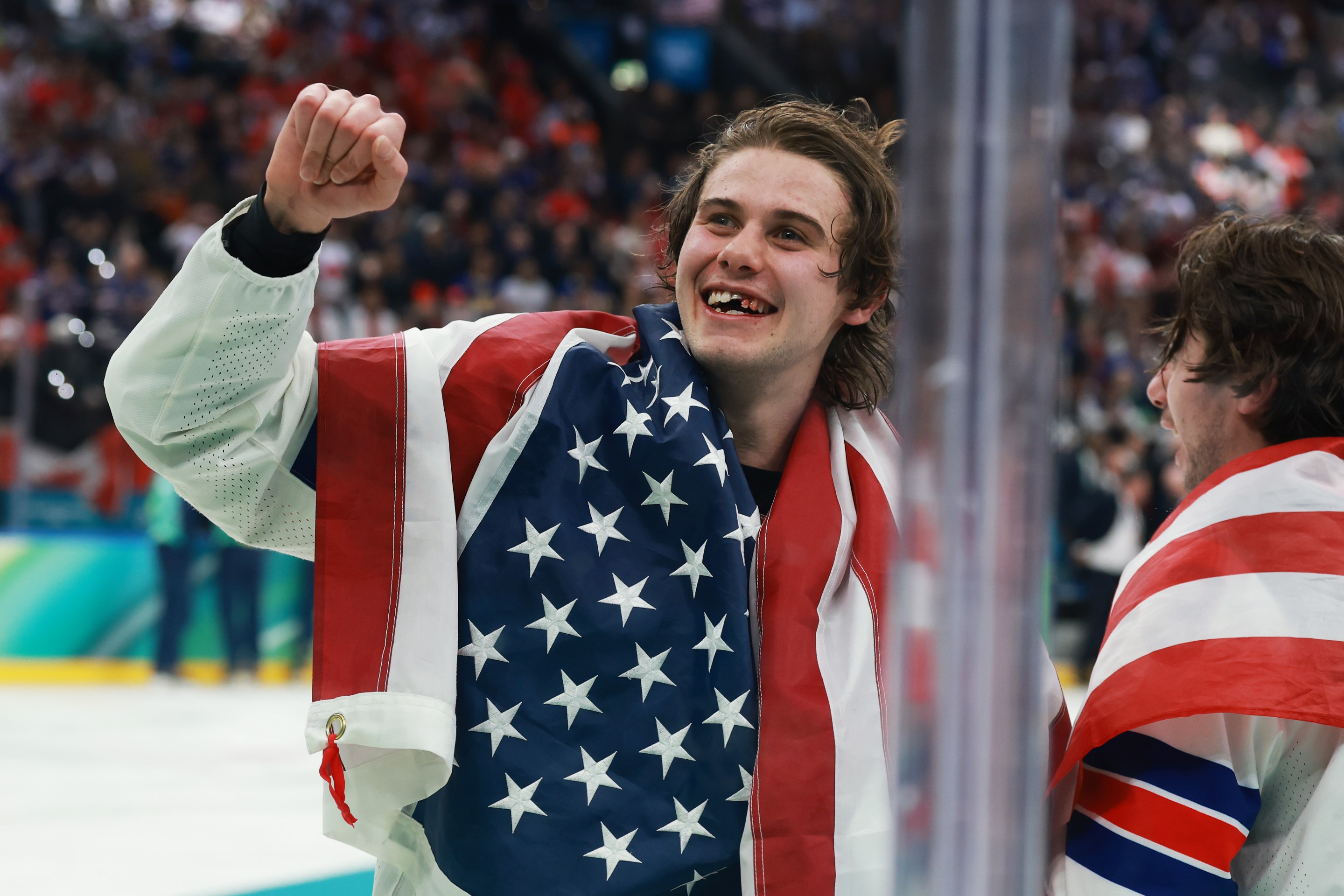Regardless of whether they authored the most disastrous trade of the century, or considered Jrue Holiday and Nikola Jokic to be equal talents, a general manager getting fired 11 games into the season is pretty shocking. Sure, some coaches get the ax extremely early in the season, though the causes and intended effects of those decisions are confined to the realm of what is happening on the basketball court. This does not happen to GMs, especially not GMs who were lucky enough to earn the first overall pick in a draft with an extraordinarily exciting consensus top pick. Former Cleveland Cavaliers GM Chris Grant was fired months after drafting Anthony Bennett; Nico Harrison's firing from the Dallas Mavericks, by contrast, has nothing to do with who he used the first overall pick on. Let us consider the sideways start to Cooper Flagg's NBA career.
The story of Flagg's first 11 professional games is that of a rookie performing at a very high level, despite an unfamiliar role and a somewhat disastrous team situation. Flagg's fit on the Mavericks was a strange one from the jump. The team Harrison built is tall, clunky, and generally incapable of dribbling the basketball, leaving head coach Jason Kidd with a critical shortage of healthy, capable guards. His solution has been to start Flagg at point guard, a position he has never played before. While surely good for his long-term development (this worked for Giannis Antetokounmpo when Kidd did it in Milwaukee), Flagg is clearly still getting used to his present-tense role as a lead ballhandler.
The rap on Flagg coming out of college was that he was a hypermodern forward, someone who was so smart and huge that he could excel making whatever correct play was there to be made. Flagg is a lab-grown prospect for the conditions of modern and near-future NBA basketball, in which orthodox positionality and set plays are being replaced by read-and-react schemes and teams are finding success by playing as fast and huge as they can get away with. The one thing he was not incredible at was best-player–style one-on-one creation off the dribble, and now he finds himself tasked not with capitalizing within the flow of an offense already in motion, but rather with initiating the offense—in modern parlance, he is tasked with creating advantages.
You can see more than enough flashes to think this is a good idea. Flagg is a gifted passer, both out of the pick-and-roll and in the flow. Having someone as big as he is running a lot of offense necessarily asks uncomfortable questions of the defense: Stick one of your bigs on him out on the edge, and you're leaving the rim and offensive glass more vulnerable, but smaller defenders risk getting physically overpowered. I say "risk" because that's not happening consistently yet. Flagg is not quite strong enough to muscle dudes out of the way, epitomized here by CJ McCollum—on whom Flagg has some six inches and 25 pounds of size advantage—standing him up.
Flagg's shooting touch has come and mostly gone; he's taking just under four threes per game and making just over 26 percent of them. Yet he's scoring effectively overall, largely in transition and at the rim. Against the Bucks, he dropped 26. You can see the outlines of a dominant scorer here, someone who can comfortably dislodge Cole Anthony and easily nail the resulting nine-footer, who can greedily sprint out in transition, and, most impressively, who can hit a spin move against tight pressure and finish right over Antetokounmpo himself at the rim.
The rest of the Mavericks are making Flagg's life as hard as possible. It's cool that Kidd is determined to develop his prize rookie's on-ball game, but Flagg rarely gets to play with anyone who can space the floor for him. Dallas is the only team in the NBA making fewer than 10 threes per game and one of two teams shooting less than 30 percent on threes. With Klay Thompson all but embalmed and P.J. Washington off to a slow start (probably because teams don't have to worry about helping anywhere else on the perimeter), only Max Christie is having what could be called a good shooting season. When Anthony Davis is healthy, he stands around and clogs up space, already a precious commodity since the Mavs are determined to play a center at all times despite having a roster composed almost entirely of power forwards. Somehow, they are 27th in offensive rebounding.
Unsurprisingly, the team is not winning. They are 3-8, 14th in the Western Conference. That's already twice as many losses as Flagg had at Duke last year. "For me it's the most I’ve lost since, I think, ever," he said after his team lost a nail-biter to New Orleans. Firing Nico Harrison will not fix that, not in the immediate term anyway, though it could signal the start of something more coherent in Dallas.
The first thing I thought when I heard of Harrison's dismissal was not Flagg, but Davis, who has this season plus two more on his huge contract and has played 14 games as a Dallas Maverick—after being brought over in a trade regarded as so immediately disastrous that fans revolted until ownership fired the GM who executed it. It's a situation that must feel super weird for Davis, and one wonders whether Harrison's replacements will try and trade him. Such a move might make sense: The theory of the Luka trade was that Mavericks were going to compound their future for a chance to win a title in the next two years, before Davis and Kyrie Irving's primes ended, but now Irving's rehabbing a torn ACL, Davis looks even more physically compromised than usual, and this season is already toast.
Rebuilding is painful. Less so if you, like the Mavericks, have lucked into your main guy. It's funny, given how Flagg dominated the preseason chatter about the Rookie of the Year field and then disappeared from the conversation, but he's been very good so far. With V.J. Edgecombe and Cedric Coward returning to Earth, and Dylan Harper out with a calf strain, Flagg has once again leapt up to the top of the class. Surely he'll keep improving his position, since he's been this good despite circumstances this dire.






